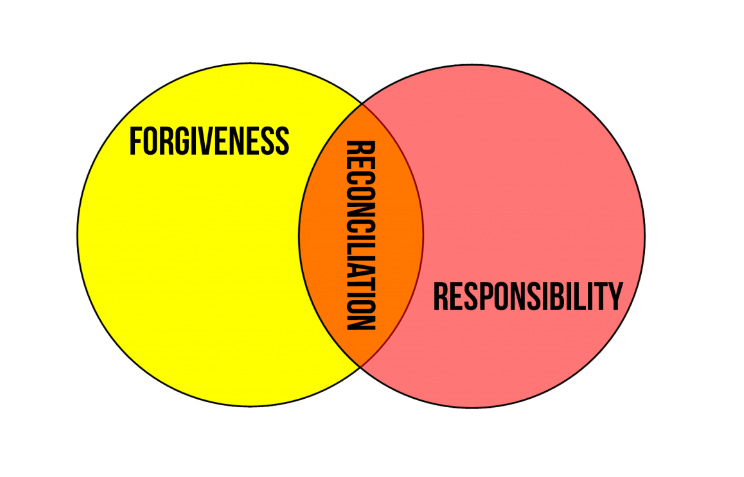Walking in Truth
The Crucial Role of Openness and Forgiveness in Restoration
Over twenty-two years ago my life changed dramatically when I ran a stop sign and caused someone’s death. It not only altered lives but also unveiled profound truths about faith. It’s about the undeniable need for openness and the transformative power of forgiveness, especially in the wake of grave mistakes and abuse. I couldn’t choose to keep my sin hidden, and I recognize how much different my life would have been if I would have been given the alternative: Hiding a major sin and trying to keep it hidden.
Openness: The First Step to Restoration
The road to restoration begins with a commitment to openness. James 5:16 compels us to confess our sins not just to God but to each other. This isn't merely about admission; it's about accountability. In cases of serious sin within our communities, such as abuse, the rush to 'forgive' and 'restore' often leads to a glossing over of the full truth. This not only undermines true repentance but also invalidates the deep hurt and damage caused.
The Danger of Superficial Restoration
I've seen how uncomfortable truths about a leader's failings can push a community towards a hasty, superficial form of restoration. This approach often serves more to alleviate the discomfort of the community than to address the real harm caused. It's a disservice to the perpetrator, the victims and the principles of our faith. Genuine restoration is impossible without a full, open acknowledgment of the wrongs committed. We need genuine involvement of third parties that will not favor the institution or one of the sides. There should be agreement from all sides about the best ways to bring things to light.
The Transformative Power of Forgiveness
Forgiveness, however, remains a cornerstone of our faith. Diminishing the wrong or erasing the past is not forgiveness. It’s a cover-up, an appeasement, a self-justification. True acknowledgement paves the way for a new future. Forgiveness is an act of releasing, not just for the one being forgiven but also for the one who forgives. It's a crucial step in the healing process – a step that demands a change in behavior, a commitment to do better, and a heart that seeks to mend what was broken.
Community’s Role in Restoration
Our church, our spiritual family, should be a sanctuary where we help each other stand back up. Galatians 6:2 speaks of bearing one another's burdens, but we can only bear what we fully acknowledge and understand. The community’s role is to facilitate a space where truth is unveiled, where victims are heard and validated, and where steps towards true restoration can be taken.
Living Our Repentance
For those of us who have faltered, especially in positions of leadership, living out our repentance is crucial. It might mean stepping down, seeking accountability, and finding ways to make amends. It’s a path marked by daily choices that reflect a heart changed by God’s grace and a desire to align with His will.
In reflecting on my own path, the openness about my worst moment was not just a tough necessity but a blessing in disguise. It forced me to confront my mistake, to face those I hurt, and to walk a path of genuine repentance. In our faith communities, let us not shy away from the hard truths. Let’s embrace both openness and forgiveness – not as separate acts, but as intertwined steps on our journey to healing and restoration. It’s about walking in truth, supporting each other in our failings, and striving together towards a future not defined by our past but by our courage to face it, own it, and transform it.
-John Troyer

